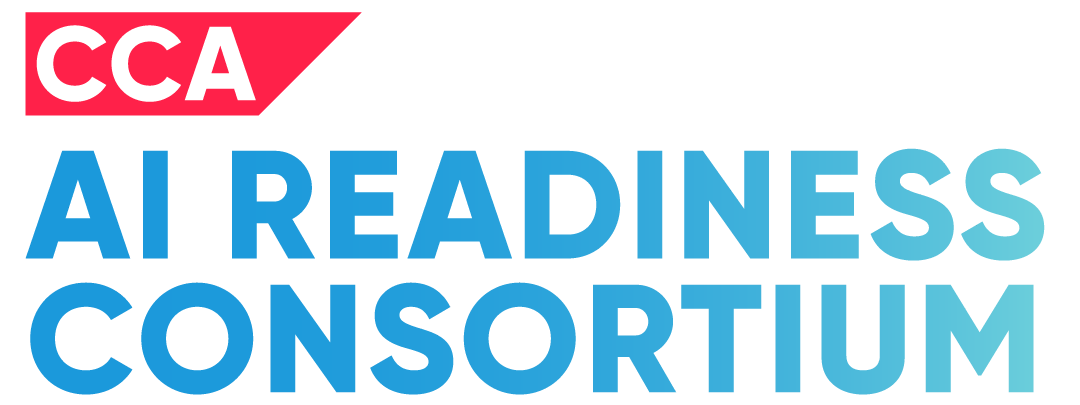Company
Contact
Project scope
Categories
Data analysis Training & development Healthcare Project management EducationSkills
compliance risk continuous improvement process key performance indicators (kpis) cannabis program optimization process mapping research papers blended learning auditor's report scalabilityMain Objective
To evaluate, optimize, and scale Veterans Wellness Alliance’s pharmacy-model cannabis education program—ensuring clinical rigor, streamlined delivery, and adaptability for diverse veteran cohorts.
Key Goals
- Workflow Audit & Optimization
- Map the end-to-end education process (registration → module completion → follow-up), identify bottlenecks, and recommend efficiency improvements.
- Curriculum Gap & Risk Analysis
- Benchmark existing content against pharmacy-best practices (dosing, safety, interactions) to uncover content gaps and compliance risks, then propose mitigation measures.
- Scalable Delivery Model
- Design a blended-learning framework (e-learning modules, live Q&A sessions, peer-mentor forums) with clear technology and resourcing recommendations for easy replication across regions.
- Implementation Roadmap & Metrics
- Develop a 6-month rollout plan with milestones, staffing and budget estimates, and define 4–6 KPIs (e.g., completion rate, knowledge-gain score, satisfaction) with a prototype dashboard for ongoing monitoring.
- Learner Empowerment Materials
- Provide supporting tools—process flowcharts, sample module outlines, and a concise playbook—to enable VWA staff and volunteers to maintain and further evolve the program independently.
Expected Project Outcomes
- Streamlined Education Workflow
- A clear, optimized process from registration through follow-up that reduces administrative friction and improves learner completion rates.
- Enhanced Clinical Rigor & Compliance
- Identification and remediation of curriculum gaps and compliance risks, ensuring all content aligns with pharmacy best practices for dosing, safety, and regulatory requirements.
- Replicable, Scalable Delivery Model
- A blended-learning framework that can be deployed across multiple regions or cohorts with minimal custom setup, backed by a detailed technology and resource plan.
- Data-Driven Monitoring & Continuous Improvement
- Defined KPIs and a working dashboard prototype to track program performance (e.g., module completion, knowledge-gain, satisfaction), enabling ongoing evaluation and iterative refinements.
- Organizational Self-Sufficiency
- VWA staff and volunteers equipped with the tools, playbooks, and training materials needed to manage, update, and expand the cannabis education program independently.
Key Deliverables
- Workflow Audit Report
- PDF documenting the current end-to-end process map, identified bottlenecks, and prioritized recommendations for efficiency gains.
- Curriculum Gap & Risk Analysis Matrix
- Excel or Google Sheet comparing existing modules against industry standards, with risk ratings and mitigation strategies for each gap.
- Blended-Learning Delivery Blueprint
- Written guide (Word/PDF) detailing the proposed mix of e-learning modules, live Q&A sessions, and peer-mentor forums, plus technology and staffing outlines.
- Implementation Roadmap
- Slide deck and accompanying timeline chart showing a 6-month rollout plan with key milestones, budget/staff estimates, and responsible parties.
- KPI Dashboard Prototype
- Google Data Studio or Sheets dashboard populated with sample data, complete with setup instructions and definitions for each metric.
- Program Playbook & Support Tools
- A concise playbook (PDF) including process flowcharts, sample module outlines, and quick-reference guides for staff.
- Final Presentation & Research Paper
- A 10-minute slide presentation and a 5–8 page report summarizing methodology, findings, and strategic recommendations.
Providing specialized knowledge in the project subject area, with industry context.
Sharing knowledge in specific technical skills, techniques, methodologies required for the project.
Direct involvement in project tasks, offering guidance, and demonstrating techniques.
Providing access to necessary tools, software, and resources required for project completion.
Scheduled check-ins to discuss progress, address challenges, and provide feedback.
Supported causes
The global challenges this project addresses, aligning with the United Nations Sustainable Development Goals (SDGs). Learn more about all 17 SDGs here.
About the company
Veterans Wellness Alliance is a not-for-profit community organization founded by a team of veterans who recognized the gaps in care from their own journeys. We are driven by the mission to enhance the quality of life for veterans through comprehensive wellness services and advocacy. Across Ontario and the Maritimes, we deliver peer-led mental-health workshops, career-transition support, crisis intervention, and outreach programming. Every initiative is guided by respect, evidence-based practice, and a commitment to sustainable growth: staff, volunteers, and students co-design solutions that help veterans thrive long after their service ends.

